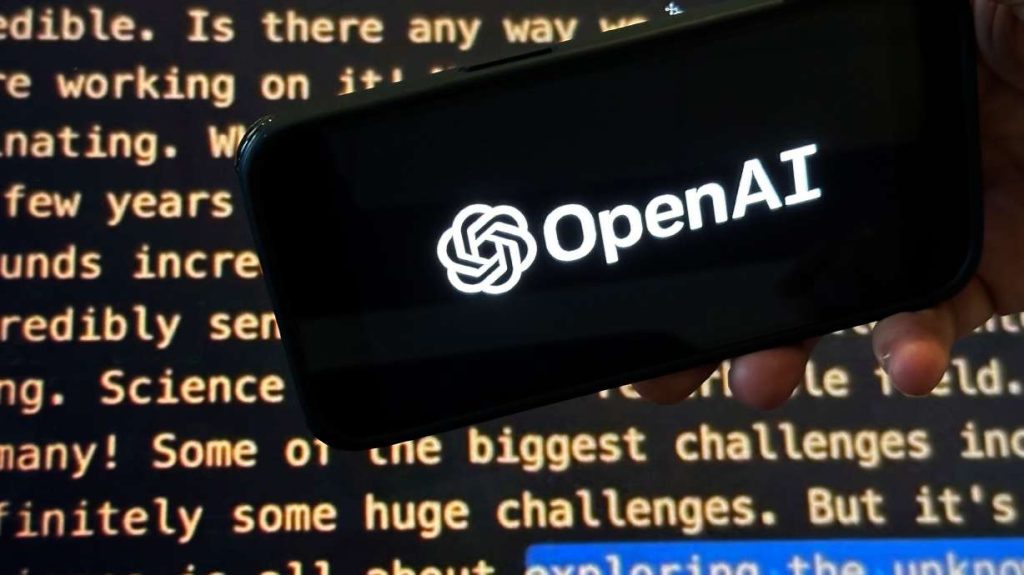OpenAI Launches Atlas Browser in Competition with Google
NEW YORK — On Tuesday, OpenAI unveiled its new web browser, Atlas, positioning itself to compete directly with Google as more users turn to artificial intelligence for information. By transforming its popular AI chatbot into an entry point for online searches, OpenAI aims to attract increased web traffic and boost its digital advertising revenues.
However, this move may also hinder traditional online publishers, as effective summarization by ChatGPT could lead users to forego exploring the web and clicking on standard links. While OpenAI claims ChatGPT has over 800 million users, many utilize it without payment. The San Francisco-based firm has been struggling financially, seeking ways to generate profit despite offering paid subscriptions.
Atlas is initially available on Apple laptops, with plans to expand to Microsoft Windows, iOS, and Android systems in the future. OpenAI CEO Sam Altman described this launch as a “rare, once-a-decade opportunity to rethink what a browser can be and how users engage with it.”
Analyst Paddy Harrington from Forrester cautioned that breaking into the market will be challenging, given that Google holds a dominant position with its Chrome browser. Just months before Atlas’s launch, OpenAI expressed interest in acquiring Chrome, especially following a ruling that rejected federal efforts to break Google’s monopoly. Despite setbacks in the case, advancements in AI are reshaping competition.
OpenAI faces a significant challenge against Chrome, which boasts nearly 3 billion users and has been integrating AI features based on Google’s Gemini technology. Google’s successful launch of Chrome in 2008, amidst strong dominance from Internet Explorer, exemplifies how a new entrant can disrupt the market. Chrome’s advantages led to Microsoft ultimately replacing Internet Explorer with its Edge browser, which now ranks third behind Apple’s Safari.
Another AI startup, Perplexity, debuted its Comet browser this year and also pursued acquiring Chrome, though its overture was unsuccessful. Altman emphasized that he envisions a future where the traditional URL bar is replaced by a chatbot interface, aiming for greater innovation in the browsing experience.
A standout feature of the ChatGPT Atlas browser is its “agent mode,” which can autonomously navigate the internet on behalf of the user by utilizing their browser history and queries. Altman noted, “It’s using the internet for you.” However, Harrington raised concerns about privacy and the authenticity of personalized experiences, questioning whether the AI truly reflects individual thoughts or merely follows algorithmic preferences.
AI adoption for information retrieval is significant, with 60% of Americans and 74% of those under 30 employing AI at least occasionally, according to a recent poll. Since last year, Google has provided AI-generated answers at the top of search results. Nonetheless, reliance on chatbots has sparked fears of misinformation, as AI outputs sometimes contain inaccuracies, leading to litigation from media outlets against OpenAI for copyright violations. A recent study highlighted that nearly half of the responses from top AI assistants did not meet high-quality journalism standards.



